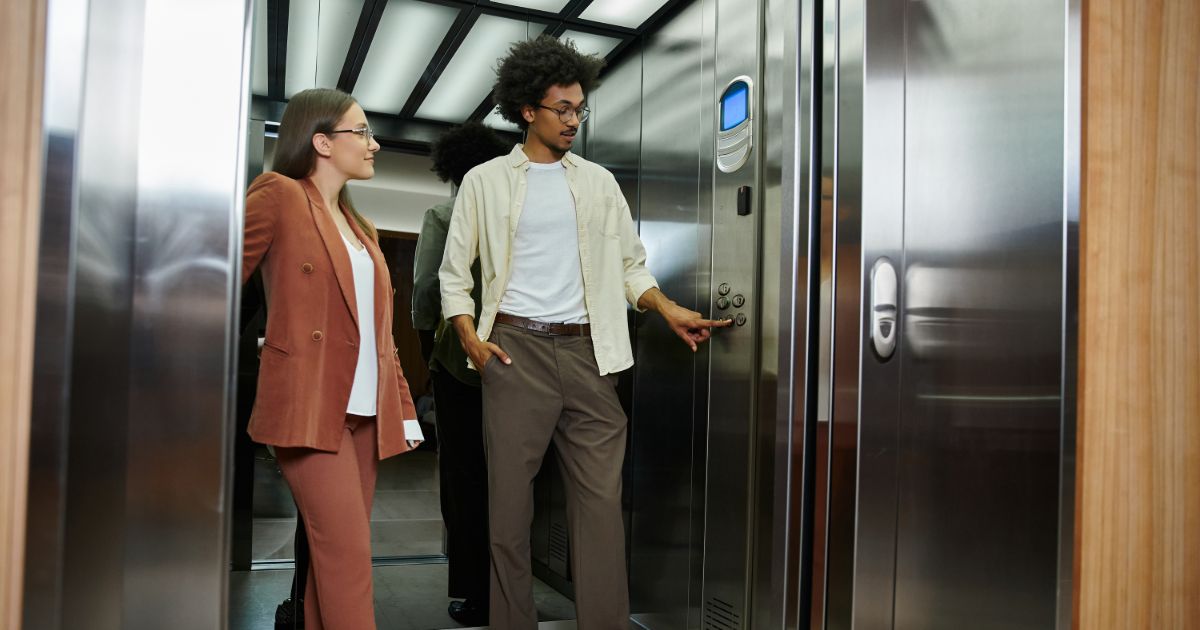Elevator safety rules in Florida have undergone significant updates, and building owners and managers need to stay informed. These changes began in 2024 to improve safety, prevent accidents, and ensure elevators operate reliably. They aim to create a safer environment for all passengers and reduce risks associated with outdated or faulty systems.
With several important deadlines approaching, knowing what steps to take can save time and money and ensure compliance. Understanding these requirements is not only a legal necessity but also an opportunity to enhance the reliability and longevity of your elevators.
New Safety Codes
Starting January 31, 2024, Florida adopted updated elevator codes:
- A17.1-2019: Rules for elevators and escalators covering new installations and upgrades.
- A17.3-2020: Safety rules specifically for older elevators to address existing safety gaps.
- A18.1-2020: Standards for platform lifts and stairway chairlifts, ensuring accessibility and safety for all users.
These rules ensure that all conveyances meet modern safety standards, reducing the chance of accidents and malfunctions.
Key Rules and Deadlines
1. Door Lock Monitoring (DLM)
- What It Is: A system that prevents elevators from working if the doors are not locked correctly, ensuring passenger safety.
- Deadline: August 1, 2025.
- Action Needed: Install this system to avoid fines and prevent unsafe operations.
2. Emergency Brakes
- What It Is: Traction elevators must have emergency brakes to stop accidents and uncontrolled movement during failures.
- Deadline: August 1, 2028.
- Action Needed: If your elevator doesn’t already have this feature, add it. Regular maintenance can also help ensure that emergency brakes function correctly.
3. Annual Inspections
- Requirement: Elevators must be inspected annually by a certified inspector to identify and fix potential issues.
- Exception: Elevators serving only two floors with a full-service maintenance contract are exempt from this requirement.
- Why It Matters: Regular inspections prevent breakdowns and ensure compliance with safety standards.
4. Permits
- Requirement: Permits are mandatory before installing or making significant changes to elevators, ensuring all work meets safety standards.
- Action Needed: Submit complete documentation to the Bureau of Elevator Safety to avoid project delays.
5. Two-Way Communication
- Requirement: Elevators traveling over 60 feet must have communication systems that allow passengers to call for help using text and audible signals.
- Action Needed: Install or upgrade these systems in high-rise buildings to ensure compliance and improve emergency response.
Who Makes Sure Elevators Are Safe?
The Bureau of Elevator Safety
This state agency enforces the rules, licenses elevator professionals, and ensures compliance with the updated codes. Their role includes:
- Conducting inspections to verify compliance.
- Guiding meeting safety standards.
- Investigating complaints and incidents related to elevators and escalators.
Penalties for Breaking the Rules
Failure to comply with these safety standards can result in fines exceeding $1,000 per violation. Non-compliance can also result in shutdown orders, which disrupt operations and may lead to higher costs for corrections. Property managers and owners must prioritize meeting these requirements to avoid penalties and maintain smooth operations.
What Building Owners Must Do
Building owners and managers are responsible for:
- Scheduling Inspections: Ensure yearly inspections are completed on time.
- Installing Safety Systems: Meet deadlines for DLM systems and emergency brakes.
- Keeping Records: Maintain clear records of maintenance, inspections, and upgrades.
- Communication Upgrades: Ensure elevators in tall buildings have functional two-way communication systems.
- Obtaining Permits: Always secure permits for new installations or modifications.
Taking proactive steps ensures that your elevators remain safe, functional, and compliant with state laws.
Need Help?
Keeping up with Florida’s new elevator safety rules can be challenging. Working with professionals ensures your elevators meet all requirements, operate safely, and avoid costly penalties.
Contact FIJI Elevator at (888) 266-0042 for expert assistance. We offer everything from inspections to upgrades to help you stay compliant and keep your elevators running smoothly.

